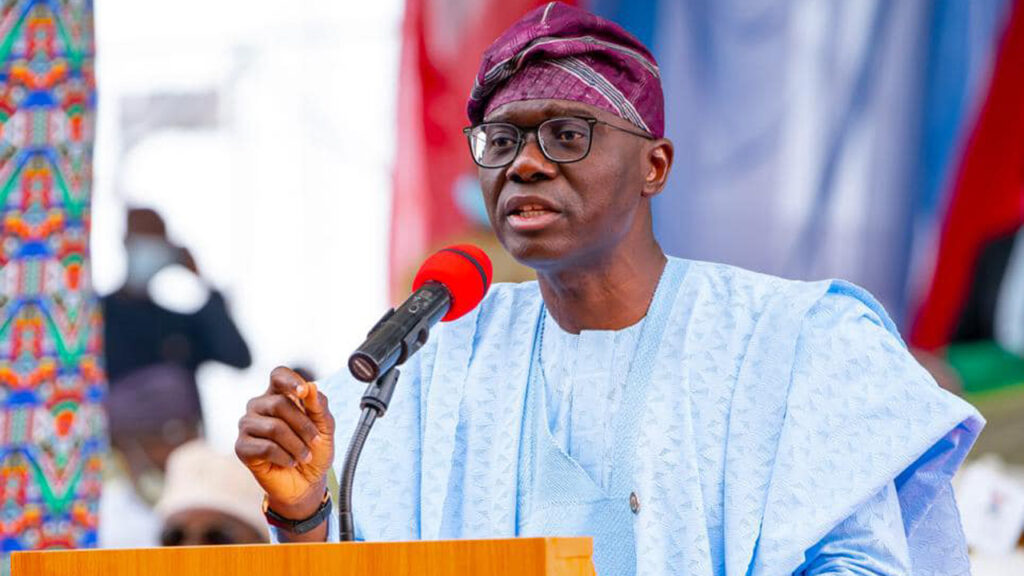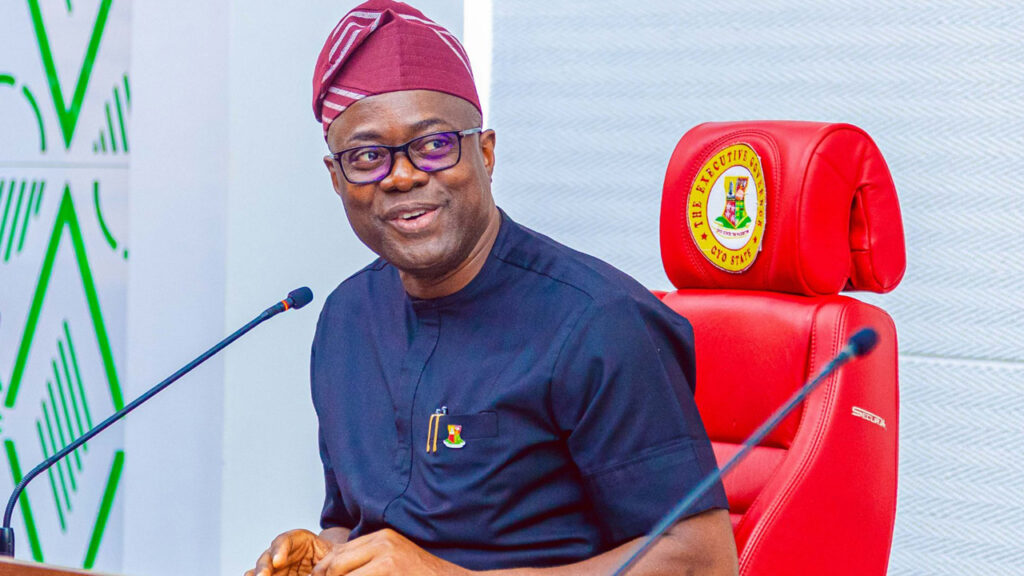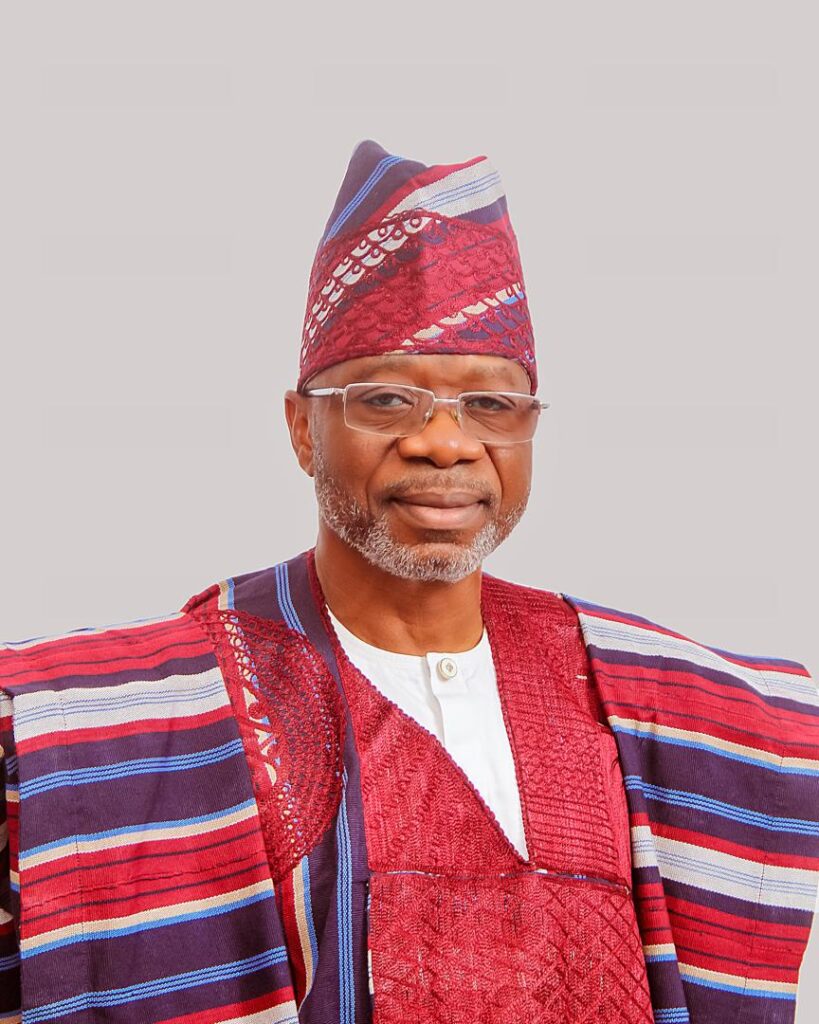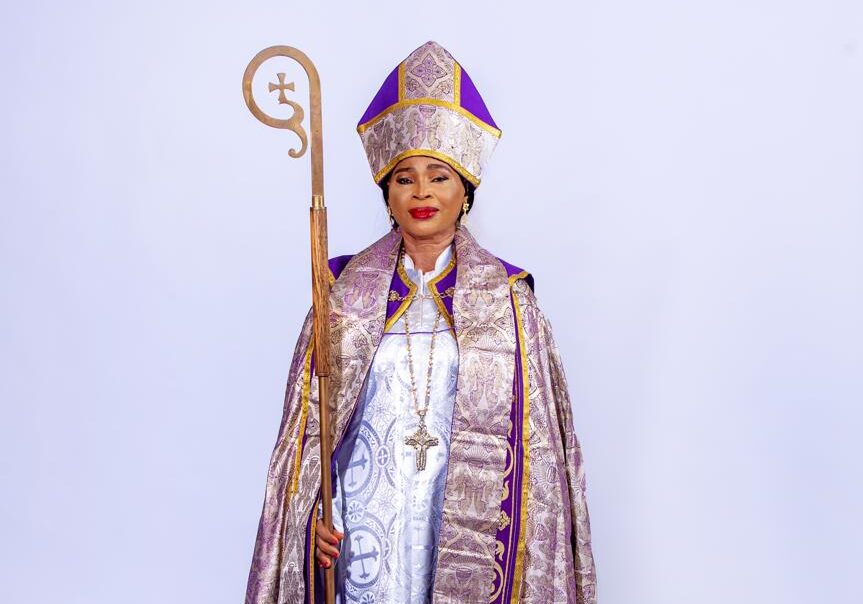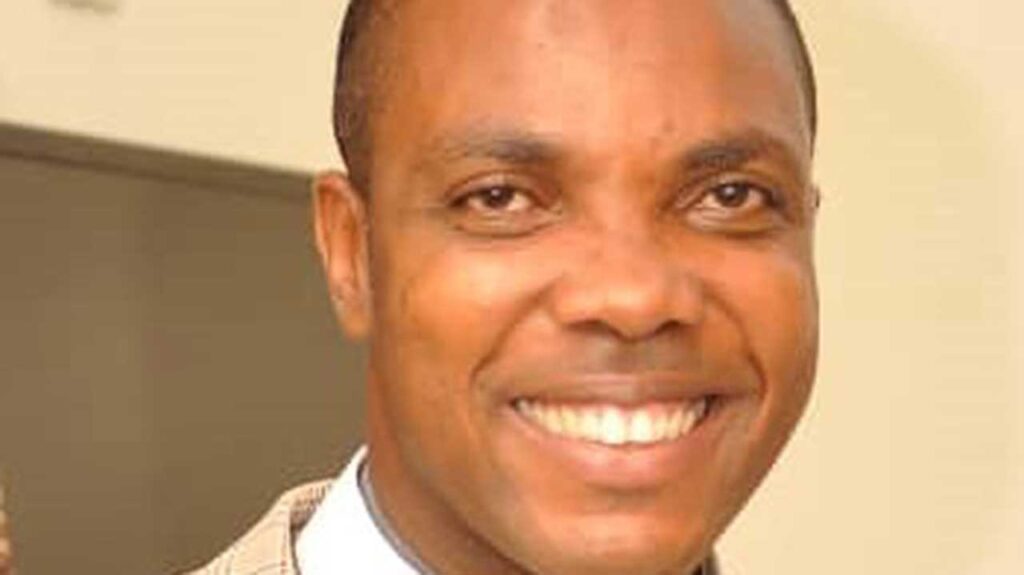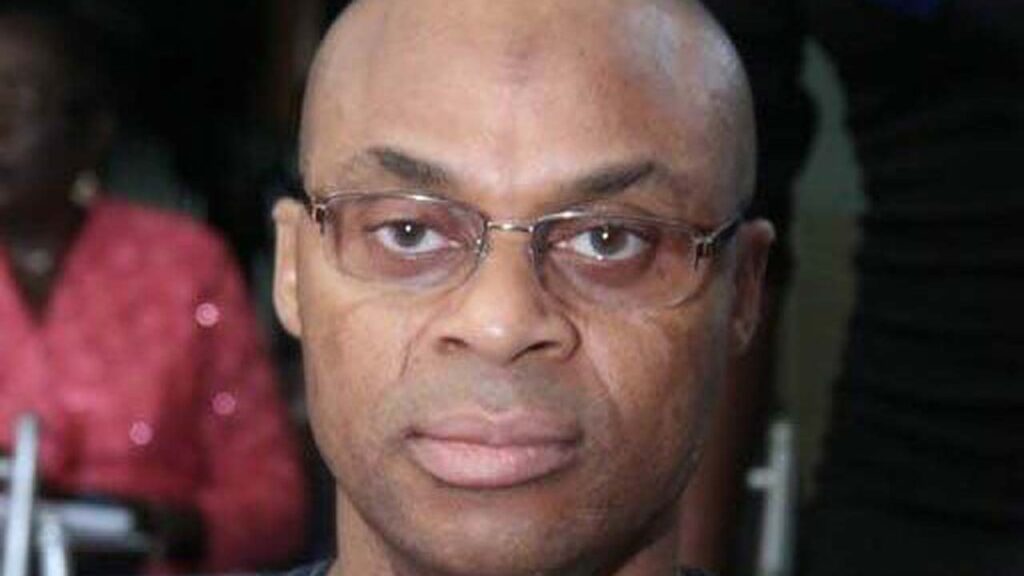
Dr. John Agbonifo is the President of African Network of Environmental Humanities (ANEH). The Fellow of the Rachel Carson Centre for Environment and Society spoke with HENDRIX OLIOMOGBE on the numerous problems bedeviling the National Petroleum Corporation (NNPC) and the decision by President Muhammadu Buhari to supervise the petroleum sector.
What is your take on President Muhammadu Buhari’s decision to head the petroleum industry?
WHILE technical fixes of the overwhelming problems bedeviling the Nigeria National Petroleum Corporation (NNPC)), and, by extension, the nation’s economy is necessary, attention to human dimension of the problems is equally important. When problems arise, technical fixes are not enough to resolve them. They are not like a car engine you dismantle and reassemble to get the car back on the road. Religious, cultural, ecological, economic, sociological and political factors play a role in either the emergence or resolution of human problems.
President Muhammadu Buhari’s decision to supervise the Petroleum industry is first step in the right direction. The mismanagement of the industry lies at the root of a range of problems. The failure of the petroleum industry to implement extant regulatory laws regarding environmental wellbeing and human health is the cause of massive environmental despoliation, communal grievances and violence against multinational oil corporations and the state starting from the 1990s. The incapacity or deliberate failure to properly manage Nigeria’s four oil refineries gave rise to various machinations of deceit.
Among these are the unending importation of refined petroleum, and crude oil swap, among other deals. As evidence suggests, through these arrangements, officials of the NNPC orchestrated massive haemorrhage of the economy. Moreover, through the so-called subsidy scam, many business partners of the NNPC short-changed the government by collecting monies for phoney imports of petroleum. Much as we can blame the petroleum industry, we must be attentive to its limitations. Given that oil is a global commodity in an asymmetrical global context, the president and not the minister of petroleum ultimately determines decisions that affect global players in the industry and the flow of crude oil.
But it has been argued that the industry is actually controlled by the oil majors and not the NNPC. The reason for that claim lies in the view that not even the NNPC can establish the number of crude oil produced and shipped out of Nigeria per day. The veracity of the claim is not far-fetched, given that the oil majors are almost completely in charge in oil production and transportation to foreign destinations. Besides the inherent limitation of the NNPC vis a vis its foreign partners, it has been argued that the corporation is opaque. In other words, the NNPC is not transparent in its business dealings. For instance, it has been argued that the body maintained several accounts that only very few powerful individuals knew about. Moreover, the NNPC habitually failed to adhere to the constitutional provision to deposits accrued funds in the Federation Account. Even when it was clear to many that constitutional provisions were not been followed nobody did anything about it.
Revelations have since shown monumental corruption at high levels in the industry. Given these problems, the NNPC is not in a position to work for the overall wellbeing of Nigerians. The body has proved itself incapable of transforming the nation’s massive oil wealth, realised and potential, into economic growth and sustainable development. At best, the NNPC bandies growth figures that fail to translate into three square meals a day, employment generation, access to education, health services, etc., for ordinary Nigerians. Therefore, something dramatic has to be done to turn the situation around. In contemplations about Nigeria’s developmental crisis, corruption at high and low levels and in every facet of national life has been blamed for the ‘crippled giant’.
What is the way out of this quagmire?
In the same vein, the way out of the quagmire has been analysed as involving the strengthening of institutions. It has been argued that strong institutions are required to ensure that the right things are not only done, but that they are done irrespective of who occupies the office. The president has displayed similar sympathy in some of his pronouncements. It is instructive that he has insisted on appointing credible individuals and technocrats into his cabinet. Credible individual leaders and institutions are two sides of the same coin. Both are needed. Institutions do not exist without human beings. While strong institutions are germane to redirecting social affairs in the right direction, human beings build and sustain institutions. But what happens when the ruling elite is split on the question of institutional autonomy? The fate of Sanusi is instructive of what could happen in that situation. During the Goodluck Jonathan administration the anti-corruption agencies did little or nothing in regard corrupt elites in the society. However, the scenario suddenly changed when Buhari became president. The lesson is this: institutions can become powerful and work very well when the president is supportive, or could become very weak and ineffectual when the president expects nothing better.
How can NNPC be made profitable?
How do we expect an organisation with such medley of orientations to be profitable or contribute meaningfully to realising national objectives or development? As a matter of national priority, there is need for the retraining of staff of the NNPC en masse. Officials of the organisation need mental mobilisation to see that they are engaged in a committed fight to achieve set national goals.
To that end, they must be trained to understand what the national problems are, what is responsible, what the solutions are, why the problem must be solved, and how to go about solving them. Moreover, they need to be trained to understand the ethics of bureaucratic organisations. Part of the training must emphasise the sociological insight that relationships in the bureaucracy, and the latter’s interactions with its environment must be based on contractual obligations and not communal sentiments. Relationships are based on rules.
Given the fall in demand and prices of crude oil, the economy has again found itself on a tailspin. With crude oil selling for less than $50 per barrel, the situation could not be worse for Nigeria. The terrible situation, however, presents an opportunity for the country to rethink its developmental strategies, what it aims to achieve with the oil industry, when and how. The PIB was argued to be an initiative meant to redirect the industry for the benefit of the country. The major oil corporations and some others thought otherwise.
The PIB could not even pass through the National Assembly. It has been argued that in the present circumstances where falling crude prices embeds Nigeria in a weak bargain position, the country was not in a position to stick to the recommendations of the bill. That maybe the case. But there is a different scenario.
Bring in the Chinese for greater competitiveness. The dummy sold to the state is that any intervention that seeks to raise operational standards in the industry shall transform into lesser revenue for the government. In dire need for scarce foreign exchange, the state appears helpless. By giving the Chinese greater role in the oil and gas industry, the country would unleash certain competitiveness that could compel the western oil companies to be more sensitive to national objectives.

